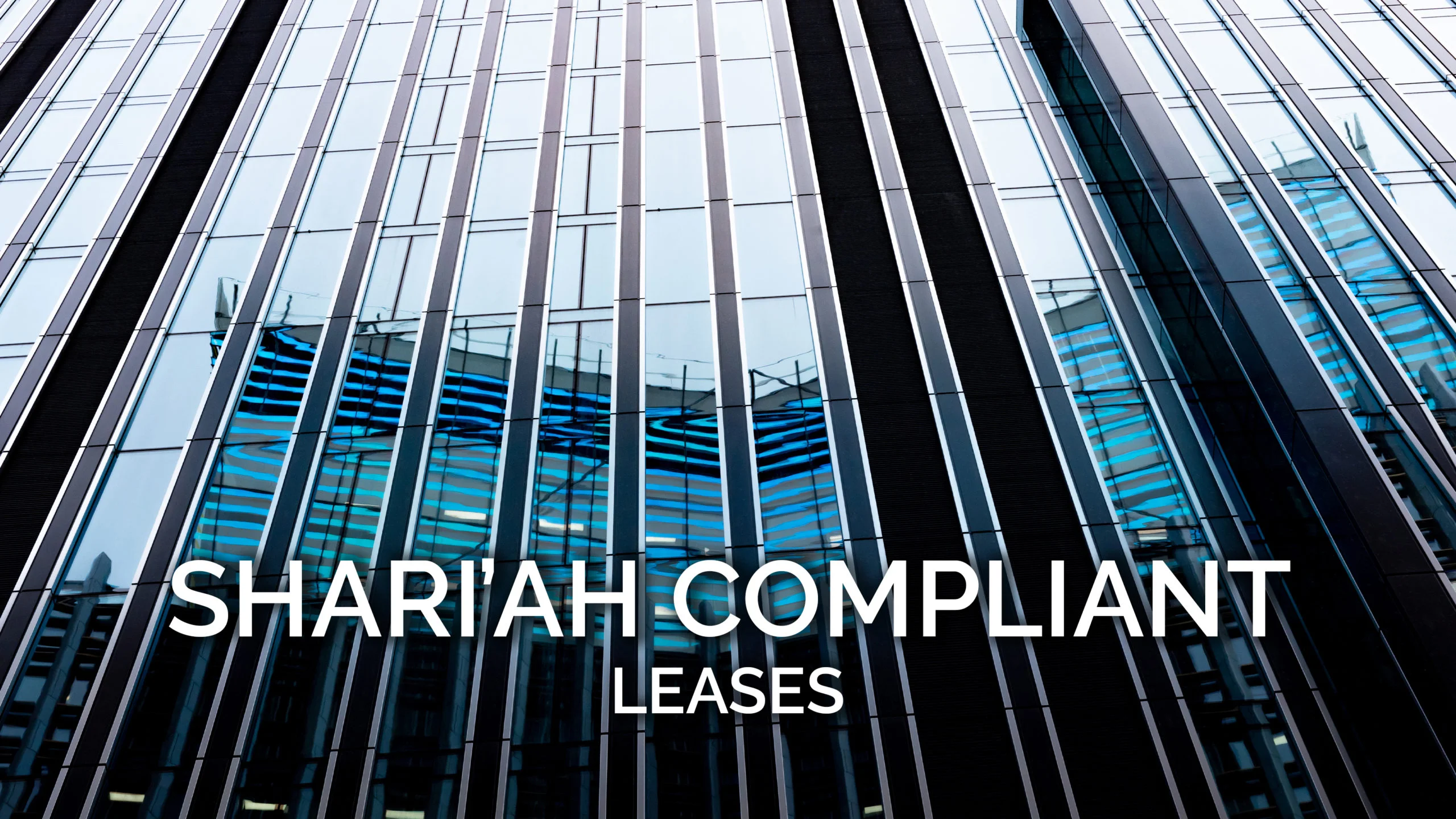Introduction
With commercial real estate continuing to provide a popular asset class for Islamic investors, it is increasingly important for commercial property practitioners to be familiar with the interplay between the English legal system and Shari’ah law (Islam’s legal system).
In this article we look at specific considerations to take into account to make sure that a lease remains Shari’ah-compliant and appropriate for Islamic investors, both for the landlord granting the lease and for the tenant taking the lease (bearing in mind that one of the parties may not be familiar with the principles of Shari’ah law).
It is particularly important to consider Shari’ah principles in relation to leasing because leases are the main tool used in the implementation of Shari’ah-compliant transactions. To ensure that a transaction is Shari’ah-compliant, the property in question must be used for a purpose that is considered acceptable in Shari’ah. Therefore if a leased asset, such as a commercial building, is used for a non-Shari’ah compliant activity or product, then such leases cannot be accepted in Shari’ah.
Furthermore, there is a requirement in Shari’ah law that the landlord must be the one to maintain the leased property overall (subject to the exceptions set out below). This means that the landlord cannot pass structural maintenance obligations, or obligations such as responsibility for buildings insurance, to a tenant. This can cause difficulties where a building is subject to a lease of whole on a fully repairing and insuring basis where the landlord would usually expect the tenant to take on those responsibilities (and the tenant would usually like to retain control).
Landlord’s obligations
Since the landlord, as the owner, enjoys the financial benefit of the property by receiving rental income, it must also undertake all the responsibilities consequent to the ownership of the asset, so as to ensure that the property is fit for the contracted purpose (as set out in the lease).
As the owner, the landlord is responsible for all major and structural maintenance of the property. As a result, if there is loss or destruction of, or damage to the whole or a substantial part, of the property making it unfit for the contracted use, this is borne by the landlord and results in the termination of the lease. It is important for the landlord to consider mitigating such risk by obtaining appropriate Shari’ah-compliant insurance (takaful).
In some cases, such insurance may be compulsory or a condition precedent where the landlord has obtained financing for the original acquisition of the property or where the tenant is taking out financing for the lease premium, although often the use of conventional insurance in the absence of competitively priced takaful is permitted.
Tenant’s obligations
It is the responsibility of the tenant to use and maintain the property with care and in accordance with the nature of the asset.
It should be stipulated in the lease that the tenant may not use the asset in a manner that contravenes Shari’ah principles. Apart from major and structural maintenance (which must always be the landlord’s responsibility as stated above), the tenant is to be accountable for any deterioration to the property during its enjoyment of it, which is not the result of normal wear and tear.
The tenant is also to be responsible, at its own cost, for the performance of all ordinary maintenance and repair of the leased property as required. It must keep the property in good repair and condition and replace all missing, damaged or broken parts with parts of equal quality and value.
Assignment and underletting
As referred to above, a landlord cannot lease a property for non-permissible activities and the lease should contain restrictions on underletting to non-Shari’ah compliant tenants.
Under Shari’ah law, so long as you are the owner of a freehold or leasehold interest, you have primary responsibility for ensuring that the premises are used in a way that does not contravene Shari’ah principles. In the case of an assignment of a lease, the usual position is the requirement for the tenant to obtain consent from the landlord before the assignment.
For a Shari’ah-compliant lease, it must be stipulated in the lease that consent will not be granted if the assignee is a non-Shari’ah compliant tenant.
If there is a situation where the lease is assigned to a non-Shari’ah compliant tenant then, depending on the scholar that is consulted, the property may be required to be sold immediately and the gross rent received from the date of the assignment until the date of disposal would be subject to purification, i.e., such amount would have to be donated to charity.
Conclusion
Although Shari’ah principles may appear to conflict with conventional notions of risk allocation between a landlord and a tenant, business transactions under Shari’ah law need to be based on partnership where each party shares in the risks and rewards of a venture, and Shari’ah-compliant leases will have an element of this spirit.
There are specific points which must be considered when drafting a Shari’ah-compliant lease, some of which will be different to the industry standard position and, inevitably, with less room for negotiation.
This is not only relevant for the investor who requires the transaction to be Shari’ah-compliant but also for the other party to the transaction who may have no prior experience with these principles.
It is important for both parties to engage a legal adviser with expertise in this area as early as possible in the transaction (ideally before finalising the heads of terms) so as to save time and costs in the long run.
To discuss any of the points raised in this article, please contact Julia Khalique or fill in the form below.
Parts of this article were first published in the Property Law Journal, March 2014 Issue, pp. 6-9.



